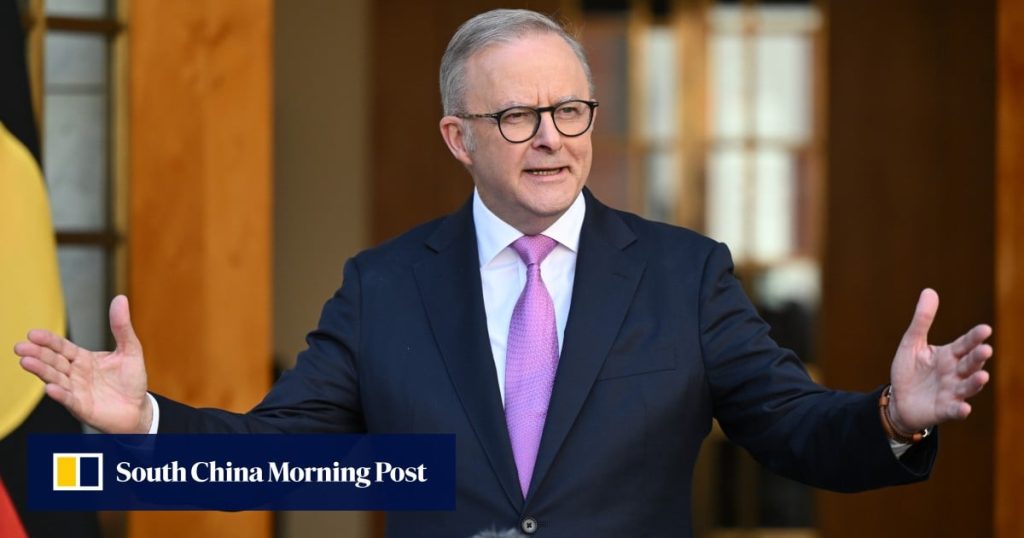Australia is expected to lean towards boosting security and economic ties with Southeast Asia, even as its incumbent leader emerges from the recently concluded election with a strong mandate that would see Canberra continue its close alliance with the United States.
Over the weekend, Australia’s Prime Minister Anthony Albanese secured a second term in office, as voters chose stability over change against a backdrop of global turmoil inflicted by US President Donald Trump.
Albanese’s victory makes him the first Australian prime minister in two decades to win re-election, with the outcome set to give him a stronger hand particularly in dealing with foreign affairs.
On Monday, Albanese said he had a “warm” conversation with Trump on tariffs and the Aukus nuclear submarine partnership, in a congratulatory phone call made by the US president.
Nick Bisley, dean of humanities and social sciences at Australia’s La Trobe University, said it was very unlikely the new Canberra government would move much from the close relationship with the US built up over the years.
Canberra had in recent years taken “quite critical positions” towards China, Bisley said, adding that the Albanese government had worked effectively to improve bilateral ties with Beijing.



